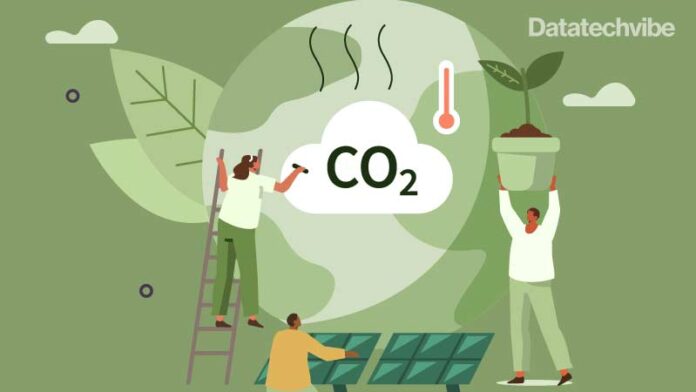The new platform will promote the use of recycled materials and environmentally friendly designs
Teijin Limited and Information and communications technology company Fujitsu Limited launched a joint project to create a blockchain-based commercial platform for enhancing the environmental value of recycled materials for manufacturers. The collaboration will promote environmentally conscious design by leveraging Teijin’s Life Cycle Assessment (LCA) Calculation Method for measuring the environmental impact of manufacturing processes across the value chain, as well as Fujitsu’s blockchain technology to collect and track primary data on environmental impact (including greenhouse gas emissions) to deliver reliable, transparent traceability.
The new platform will promote the use of recycled materials and environmentally friendly designs by providing manufacturers who design products from recycled materials with accurate information about their environmental footprint, including proof of origin of recycled materials and data on GHG emissions. Companies everywhere are doubling down on sustainability as the world looks towards carbon reduction targets set to be met by 2030.
Teijin has established a method for calculating greenhouse gas (GHG) emissions from carbon fibre and aramid fibre manufacturing processes and is also promoting initiatives related to FRP recycling. Fujitsu has a strong track record in building systems using blockchain technologies that ensure high transparency and traceability and makes it virtually impossible to falsify information.
Features of the new platform include:
- The new platform will improve recycled materials’ reliability and environmental value by leveraging Fujitsu’s blockchain technology to collect and trace primary data on environmental impact (including GHG emissions) across the value chain.
- The new platform will promote the use of recycled materials and environmentally friendly designs by providing manufacturers who design products from recycled materials with environmental impact information, including proof of origin of recycled materials and highly reliable GHG emissions.
Measuring and reducing the environmental impact of manufacturing processes and enhancing the ecological value of recycled materials represents an ongoing challenge for players in the manufacturing industry.
To this end, manufacturers are increasingly introducing LCA throughout the life cycle of products, disclosing evaluation results, and taking proactive measures to obtain environmental labels as part of their ecological impact management strategies. The introduction of stricter environmental regulations in Europe, in particular, requires companies to not only adjust to additional requirements in the manufacturing process but also to focus on environmentally friendly designs and materials. In particular, fibre-reinforced plastics (FRP), which are increasingly used for industrial purposes, particularly in the transportation field such as aircraft and electric vehicles (EVs), will require more advanced, environmentally conscious design efforts in the future.
To achieve these goals, the government and the private sector are actively working to regulate waste disposal and develop improved recycling technologies. However, transparency and traceability of recycled materials remain an ongoing challenge, and demand for solutions for reliable information management is expected to grow amidst trends to institutionalise the verification of the usage of recycled resources.









